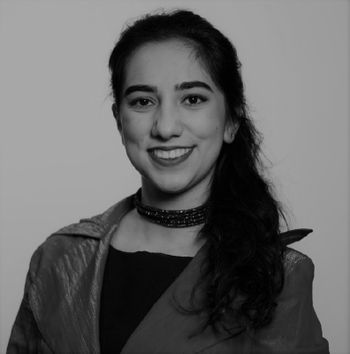UCLA's 'Storytelling for Social Justice' pushes 'unsubstantiated', 'one-sided' claims, critic says
A course at the University of California-Los Angeles promises to educate students in the ways of “storytelling for social justice” so that they can share messages of social justice with the “larger community.”
The “UCLA Extension” program is offering a “Storytelling for Social Justice” course that encourages students to view society through the lens of multiple groups, including those from the “MeToo” movement, Black Lives Matter, the “LGBTQ” community, and illegal immigrants.
The course taught by author and activist Sehba Sarwar is titled “Storytelling for Social Justice” and promises to help students “gain access to pathways to explore personal history, family narratives, and stories amidst their communities.”
[RELATED: ‘Social justice’ majors, courses, events are new norm on college campuses}
Students participating in the course “are encouraged to uncover stories that are not included in our history textbooks.” By the end of the course, students are expected to have completed a storytelling project fit to be promoted to the “larger community.”
“The course description admits that the reading materials are largely unsubstantiated claims and anecdotes from partisan espousers of highly politically charged movements, such as Black Lives Matter, #MeToo, DACA, and LGBT+,” Bruin Republicans Policy Director Michelle Ohanian told Campus Reform, noting that “not all students accept the policies or ideologies of the aforementioned political actors.”
[RELATED: UMich social justice agenda is now ‘spreading beyond’ campus]
The syllabus warns students to be wary of hurting each others’ feelings during the learning process, saying “when we discuss one another’s work in an open format open process, there is opportunity to hurt the writer’s feelings, even if unintentional.”
“With the highest regard for critical thinking in mind, we find it troubling that professors are providing one-sided narratives as legitimate ‘sources’ as opposed to providing sources with differing, valid perspectives in order to uphold civil discourse and healthy disagreement in academia,” Ohanian added.
Follow the author of this article on Twitter: @DeTahmineh

